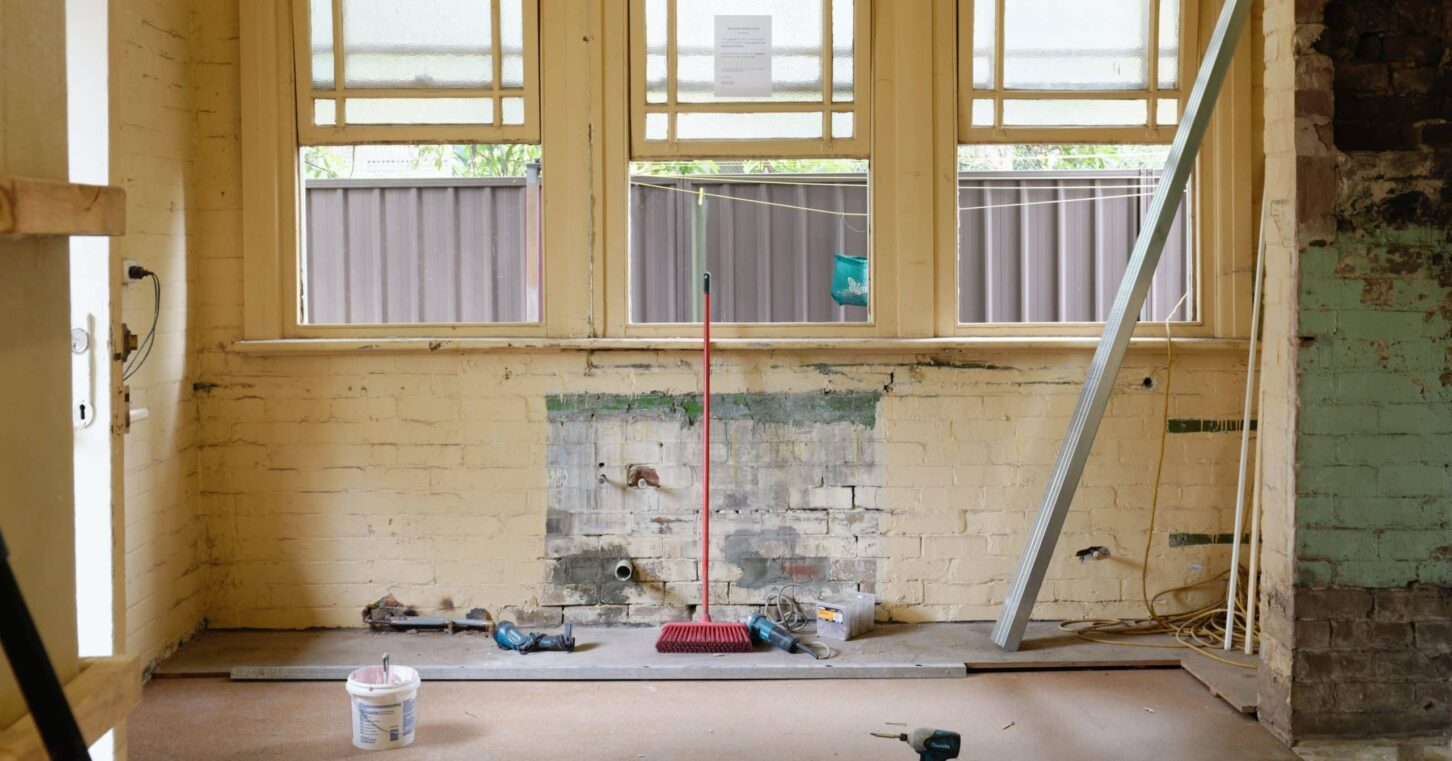
If you’ve ever thrown a party at your home, you know the feeling. Despite tidying up beforehand, once the guests arrive you see your place through their eyes – noticing everything that needs repairing or updating.
Now imagine hosting 1,300 people at once.
No, they didn’t come to my own house. But my organization recently welcomed such a crowd to Atlanta for the 30th Annual Meeting of the State Policy Network, which unites groups like ours from across the country.
After viewing downtown Atlanta through their eyes, it clearly needs some fixing up. And there are stakes for the entire state.
Let’s start with what downtown has going for it. No one complained about their journey, between the direct flights to Hartsfield-Jackson International Airport and the relative ease of getting downtown from there. Our hotel (the Marriott Marquis) might not suit everyone’s aesthetic, but it was spacious, navigable and efficient. Other such hotels ripple out from the Georgia World Congress Center, which accommodates even larger gatherings.
So downtown Atlanta remains a prime convention destination. There is still some fine dining nearby, plus attractions such as the Georgia Aquarium for off-site events; the beluga whales and albino alligators certainly dazzled our guests.
But the relatively short walk between the hotel and aquarium highlighted a glaring weakness: the emptiness of downtown streets.
Besides conventioneers, pedestrians downtown are alarmingly scarce. I say “alarmingly,” because any hesitation to walk around stems from the lack of foot traffic.
It’s no secret that Atlanta, even more so than most other urban centers, has a crime problem. Reassuring was the presence of uniformed police officers along some sidewalks.
But arguably more important is just presence, period: businesspeople scurrying to meetings, tourists craning their necks at skyscrapers, shoppers strolling with their latest finds. There’s perceived safety in numbers, even among strangers, and a shadowy figure is far more menacing when you encounter him alone.
When asked, I told the out-of-towners that the bustling scenes they expected do exist in Atlanta; they’re just a mile or two up Peachtree Street, in Midtown. Or even further north, in Buckhead. Or in suburban downtowns: Marietta, Woodstock, Decatur.
The sources of much foot traffic, from young IT professionals to white-shoe law firms, have long since left downtown. The convention business has too much infrastructure there to relocate. Yet it’s also too far removed from downtown’s other chief denizens, Georgia State University and Georgia’s state government, to share their foot traffic.
Maybe none of this surprises you, or you wonder why it matters. I’ll give you a few reasons.
First, plenty of frequent fliers visit Hartsfield-Jackson innumerable times without setting foot outside it.
We should be glad to have people in Atlanta for more than a connecting flight.
But their experience matters. Thousands of economically meaningful decisions, from vacation plans to corporate relocations or expansions, are informed by such first impressions.
Second, while metro Atlanta continues to grow and thrive despite its urban center, it is unclear how long that can go on. Few things in nature flourish with a rotten core. Metro Atlanta is one of the largest U.S. regions to revolve around such a meager hub city. How much more lopsided can the area get, and remain healthy?
Finally, this matters to all of Georgia because Atlanta matters to all of Georgia. That’s true whether you love it or hate it. As someone who has lived more than a decade both in the capital and outside it, I know both emotions.
Atlanta isn’t just the straw that stirs Georgia’s drink. In many ways, it is the straw and the drink, and the glass, and the table upon which it all rests.
A strong Atlanta can boost fortunes across all of Georgia. A weak Atlanta will not be carried by the rest. Ask a friend in Michigan if they’d rather have Atlanta, warts and all, or contemporary Detroit.
It’s time to get serious about renovating.